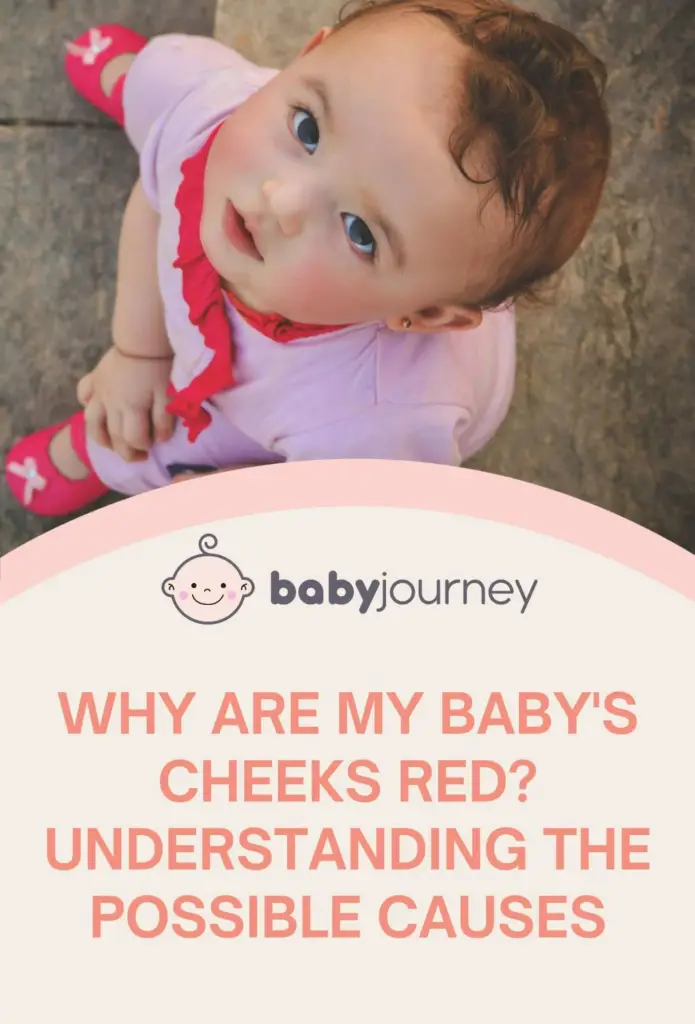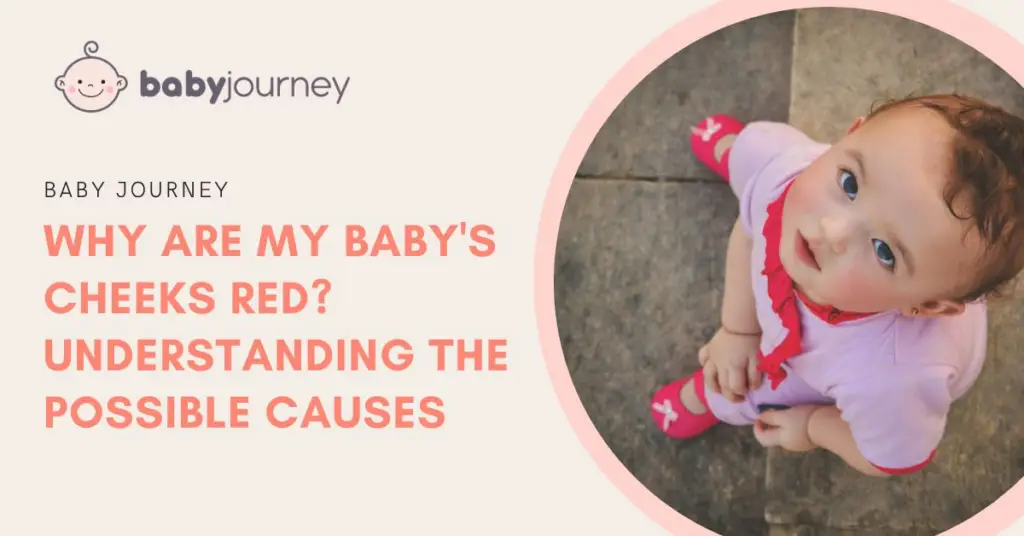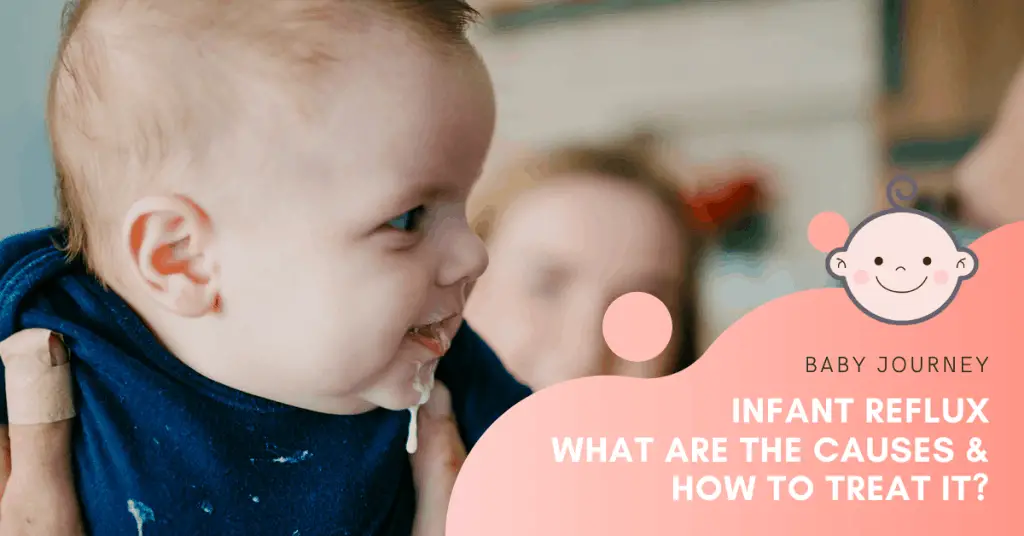As a new parent, it can be concerning to see your baby’s cheeks turn red. While it’s normal for babies to have rosy cheeks from time to time, persistent redness may be a sign of an underlying issue. In this article, I will explore some of the common reasons why babies’ cheeks become red and what you can do to alleviate the symptoms.
Why are my baby’s cheeks red? One of the most common reasons for red cheeks in babies is teething. As your baby’s teeth begin to emerge, the gums may become swollen and irritated, leading to redness in the cheeks. Additionally, teething can cause your baby to drool more, which can also contribute to redness around the mouth and chin. If you suspect that your baby’s red cheeks are due to teething, there are several remedies you can try, including baby teething toys, cold washcloths, and over-the-counter pain relievers.
Why does my baby keep going red in the face? Another possible cause of red cheeks in babies is a skin condition known as eczema. Eczema is a chronic condition that causes red, itchy, and inflamed skin. While it can occur anywhere on the body, it often appears on the cheeks, forehead, and scalp in babies. If you suspect that your baby’s red cheeks are due to eczema, it’s important to see a pediatrician for an accurate diagnosis and treatment plan.
Possible Causes
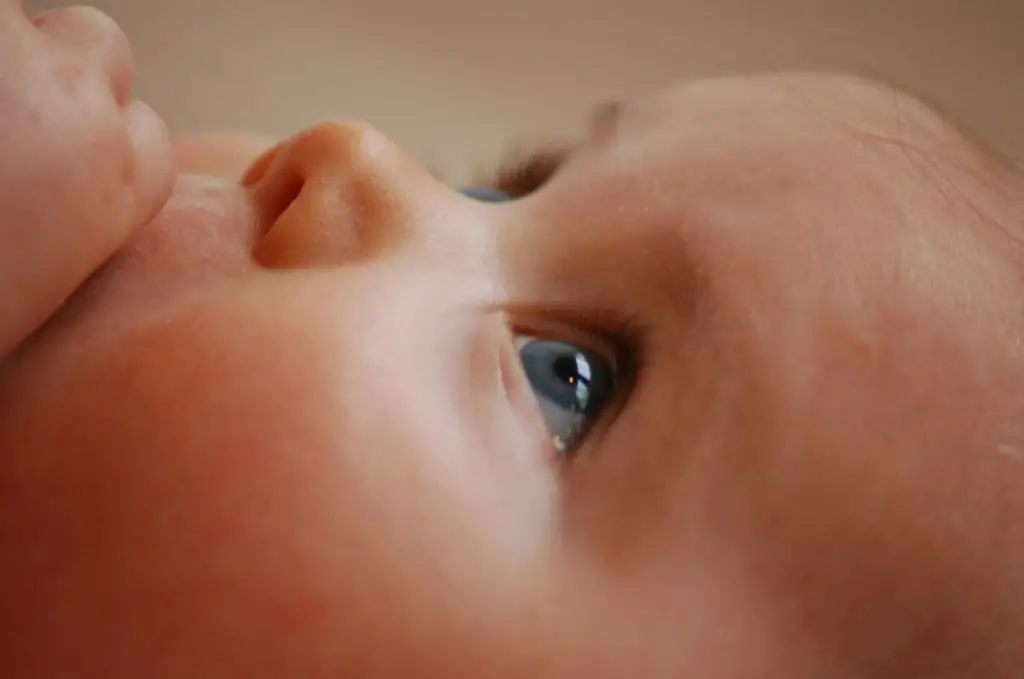
As a parent, I know how concerning it can be when my baby’s cheeks turn red. Why do babies’ cheeks get red? There can be several reasons for this, ranging from harmless to serious. Here are some possible causes:
- Fifth disease: Fifth disease is a viral infection that is common in children. It is also known as “slapped cheek syndrome” because it causes a bright red rash on the cheeks. This rash can spread to other parts of the body, such as the arms and legs. Fifth disease is usually mild and goes away on its own, but it can be contagious.
- Parvovirus B19: Parvovirus B19 is another virus that can cause a red rash on the cheeks. It is also known as “fifth disease” and is most common in children between the ages of 5 and 15. The rash usually goes away on its own, but it can be contagious.
- Scarlet fever: Scarlet fever is a bacterial infection that can cause a red rash on the cheeks, as well as other symptoms such as a sore throat and fever. It is most common in children between the ages of 5 and 15 and can be treated with antibiotics.
- Roseola: Roseola is a viral infection that is common in infants and young children. It can cause a red rash on the cheeks, as well as a high fever. The rash usually goes away on its own and is not contagious.
- Allergies: Allergies can cause redness and irritation on the cheeks, especially if your baby has come into contact with an allergen such as pollen or pet dander. If you suspect that your baby has an allergy, talk to your pediatrician about allergy testing and treatment options.
- Teething: Teething can cause redness and irritation on the cheeks, as well as other symptoms such as drooling and fussiness. If your baby is teething, you can try giving them a cool teething toy or a chilled washcloth to help soothe their gums.
- Cold weather: Cold weather can cause dry, irritated skin on the cheeks, which can appear red and chapped. To prevent this, make sure your baby is dressed warmly and use a gentle moisturizer on their skin.
- Sunburn: Sunburn can cause redness and irritation on the cheeks, especially if your baby has been in the sun for an extended period of time. To prevent sunburn, make sure your baby is wearing a hat and protective clothing, and use a baby-safe sunscreen.
- Cellulitis: Cellulitis is a bacterial infection that can cause redness, swelling, and warmth on the cheeks, as well as other symptoms such as fever and fatigue. If you suspect that your baby has cellulitis, seek medical attention right away.
In conclusion, there are several possible causes for redness on your baby’s cheeks, ranging from harmless to serious. If you are concerned about your baby’s symptoms, talk to your pediatrician for a proper diagnosis and treatment plan.
Symptoms
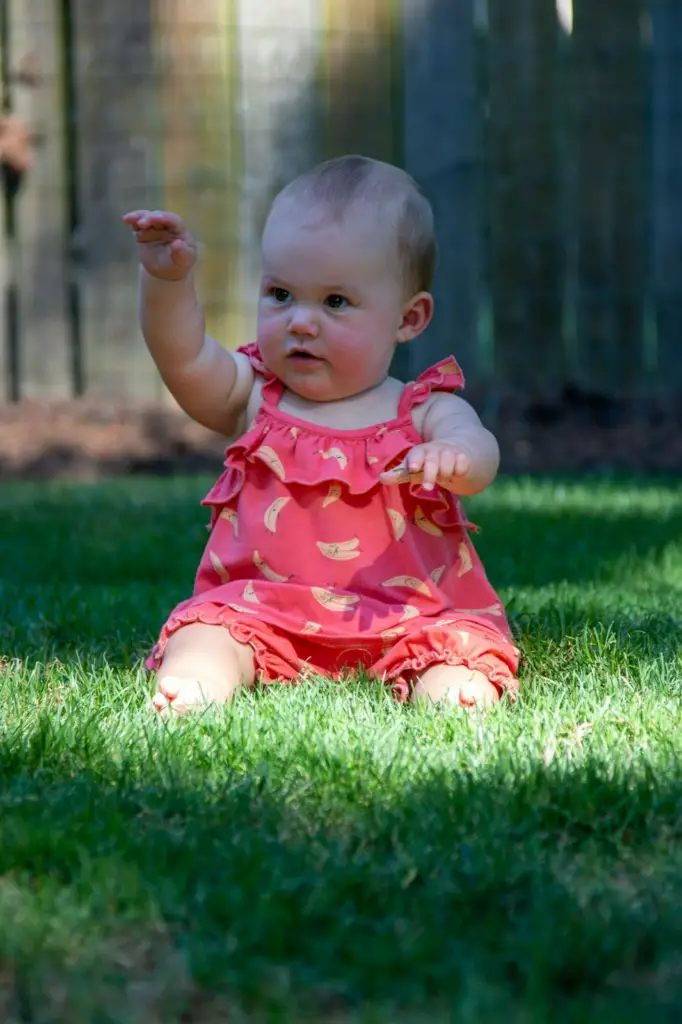
As a parent, seeing redness on your baby’s cheeks can be concerning. Why do babies cheeks get red? Red cheeks in babies can be caused by a variety of factors, including teething, dry skin, or a rash. It is important to pay attention to any other symptoms your baby may be experiencing to help determine the cause.
If your baby’s red cheeks are accompanied by a rash, it may be a sign of an allergic reaction or an infection. A rash can appear bumpy or blotchy and may be itchy or painful for your baby. It is important to consult with a healthcare provider if you suspect an allergic reaction or infection.
Dry skin can also cause redness on your baby’s cheeks. This may occur during the winter months when the air is dry, or if your baby is exposed to harsh chemicals or detergents. You may notice that your baby’s skin appears flaky or scaly in addition to being red.
Teething can also cause red cheeks in babies. As your baby’s teeth begin to emerge, they may experience discomfort and pain, which can cause redness on their cheeks. Why is my baby’s nose red? Other symptoms of teething may include drooling, irritability, and a runny nose.
If your baby is experiencing a fever, headache, sore throat, vomiting, diarrhea, or a cough in addition to red cheeks, it may be a sign of an illness. It is important to consult with a healthcare provider if you suspect your baby may be sick.
In summary, red cheeks in babies can be caused by a variety of factors, including teething, dry skin, or a rash. It is important to pay attention to any other symptoms your baby may be experiencing to help determine the cause. If you are concerned, consult with a healthcare provider.
Prevention
As a parent, I want to prevent my baby’s cheeks from turning red as much as possible. Here are some tips that I have found helpful:
- Keep the environment cool: If your baby is prone to red cheeks due to exertion or heat, try to keep the room cool and well-ventilated. You can also use a fan or air conditioner to help regulate the temperature.
- Moisturize regularly: Dry skin can be a cause of redness on the cheeks. Use a gentle, fragrance-free moisturizer on your baby’s face twice a day to keep their skin hydrated.
- Use mild soap and water: When washing your baby’s face, use a mild soap and lukewarm water. Avoid using hot water or harsh soaps as they can irritate the skin and make the redness worse.
- Watch their diet: Certain foods can cause redness or rashes on the face. If you notice that your baby’s cheeks turn red after eating a particular food, try to avoid it in the future.
- Avoid direct sunlight: Sun exposure can cause redness and irritation on the skin. Keep your baby out of direct sunlight as much as possible, and use a hat or umbrella to provide shade when outside.
- Bathe your baby regularly: Regular bathing can help keep your baby’s skin clean and healthy. Use lukewarm water and a gentle baby wash, and make sure to rinse thoroughly to remove all soap residue.
By following these tips, you can help prevent your baby’s cheeks from turning red. Remember to always consult with your pediatrician if you have any concerns about your baby’s skin or overall health.
Treatment
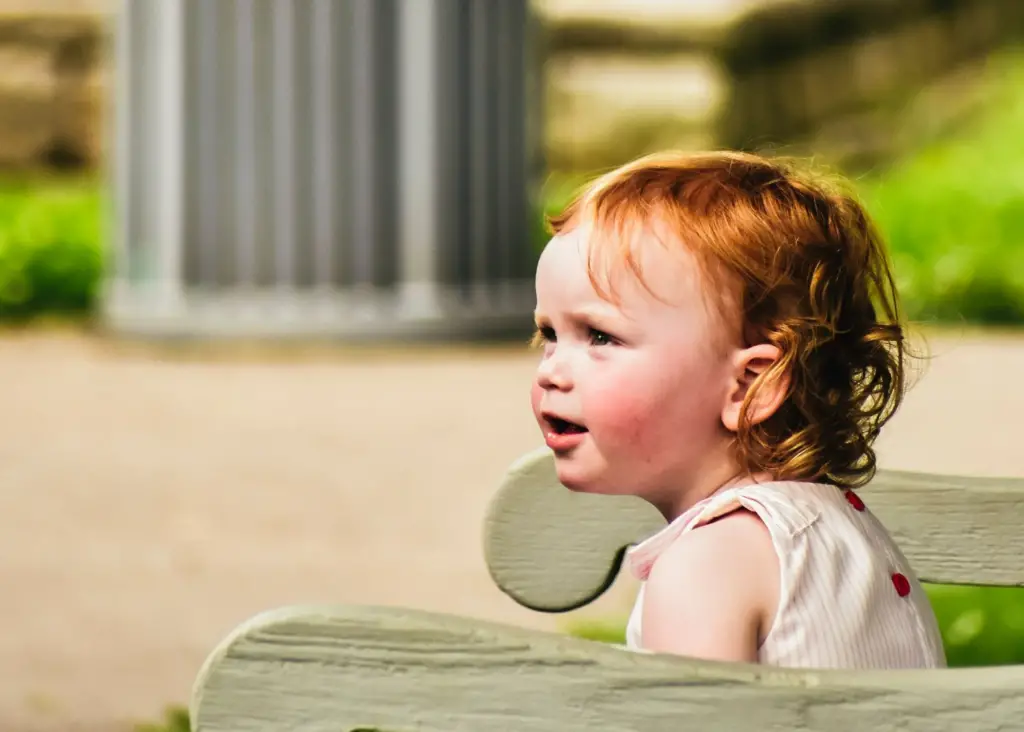
If your baby’s red cheeks are caused by a mild condition, such as teething or chapped skin, they may not need any treatment. However, if the redness is accompanied by other symptoms, such as a rash or fever, you should take your baby to a doctor.
If your baby is uncomfortable, you can try some home remedies to relieve the redness. For example, you can:
- Give them plenty of rest and fluids to help boost their immune system and promote healing.
- Administer acetaminophen or ibuprofen, if recommended by a doctor, to help reduce fever and discomfort.
- Apply a mild hydrocortisone cream to the affected area, if recommended by a doctor, to help reduce inflammation and itching.
- Avoid using harsh soaps or detergents on my baby’s skin, which can further irritate the redness.
- Keep my baby’s skin moisturized with a gentle lotion or cream to help prevent chapping and dryness.
If your baby’s red cheeks are caused by a bacterial infection, such as impetigo, a doctor may prescribe antibiotics. It is important to follow the doctor’s instructions carefully and give the full course of antibiotics, even if your baby starts to feel better.
Overall, the treatment for your baby’s red cheeks will depend on the underlying cause and severity of the condition. It is important to seek medical advice if I am unsure or if your baby’s symptoms worsen.
When to Seek Medical Attention

If your baby’s red cheeks are accompanied by other symptoms, it’s important to seek medical attention. As a parent, I know how worrying it can be when our little ones are not feeling well. Here are some signs that you should take your baby to see a doctor or pediatrician:
- Fever: If your baby has a temperature of 100.4°F (38°C) or higher, it’s important to seek medical attention. Fever is a sign that the body is fighting an infection, and it can be a serious symptom in newborns.
- Joint pain: If your baby has red cheeks and is also experiencing joint pain, it could be a sign of a more serious condition. Joint pain in babies is not common, but it can be a symptom of certain infections or autoimmune diseases.
- Difficulty breathing: If your baby is having trouble breathing, it’s important to seek medical attention immediately. This could be a sign of a respiratory infection or other serious condition.
- Rash: If your baby’s red cheeks are accompanied by a rash, it could be a sign of an allergic reaction or infection. It’s important to have a doctor or pediatrician evaluate the rash to determine the cause and appropriate treatment.
- Irritability or lethargy: If your baby is unusually fussy or lethargic, it could be a sign of an underlying condition. It’s important to seek medical attention if you notice a change in your baby’s behavior or mood.
Remember, as a parent, you know your baby best. If you are concerned about your baby’s health, don’t hesitate to seek medical attention. It’s always better to be safe than sorry when it comes to the health of our little ones.
Frequently Asked Questions
Why are my baby’s cheeks red?
Why do babies cheeks get red? If you notice your baby’s cheeks are red, there could be a few reasons for this. It could be due to exertion, which is a common response to physical activity. It could also be due to a viral illness called Fifth Disease, or “slapped cheek” syndrome. Additionally, it could be a sign of baby eczema, which is a common skin condition that affects infants and young children.
What causes redness in a baby’s cheeks?
Redness in a baby’s cheeks can be caused by a variety of factors. It could be due to exertion, viral illnesses such as Fifth Disease, or baby eczema. It could also be due to teething, which can cause increased blood flow to the cheeks. Additionally, it could be a sign of an allergic reaction to food or something else.
Is redness in a baby’s cheeks a sign of teething?
Yes, redness in a baby’s cheeks can be a sign of teething. When a baby is teething, there can be increased blood flow to the cheeks, which can cause them to appear red and flushed.
How can I treat my baby’s red cheeks?
If your baby’s red cheeks are due to exertion or teething, there are a few things you can do to help alleviate the redness. You can try using a cool washcloth or a teething toy to soothe your baby’s cheeks. If your baby’s red cheeks are due to baby eczema, you may need to use a special cream or ointment prescribed by your doctor.
When should I be concerned about my baby’s red cheeks?
If your baby’s red cheeks are accompanied by other symptoms such as a fever, rash, or difficulty breathing, you should contact your doctor immediately. Additionally, if your baby’s red cheeks persist or are accompanied by other concerning symptoms, you should seek medical attention.
Can food allergies cause redness in a baby’s cheeks?
Yes, food allergies can cause redness in a baby’s cheeks. If you suspect your baby may have a food allergy, it is important to speak with your doctor. They may recommend allergy testing or an elimination diet to determine the cause of your baby’s red cheeks.
That’s all for the frequently asked questions.
In Conclusion
In conclusion, red cheeks in babies can be caused by a variety of factors, including teething, exertion, viral infections, and skin sensitivity. While red cheeks are often a normal and harmless symptom of healthy skin, they can also be indicative of underlying conditions that may require medical attention. As a parent or caregiver, it’s important to pay attention to your baby’s symptoms and seek advice from a healthcare professional if you’re concerned about their health. By understanding the possible causes of red cheeks in babies, you can better care for your little one and ensure their overall well-being.
